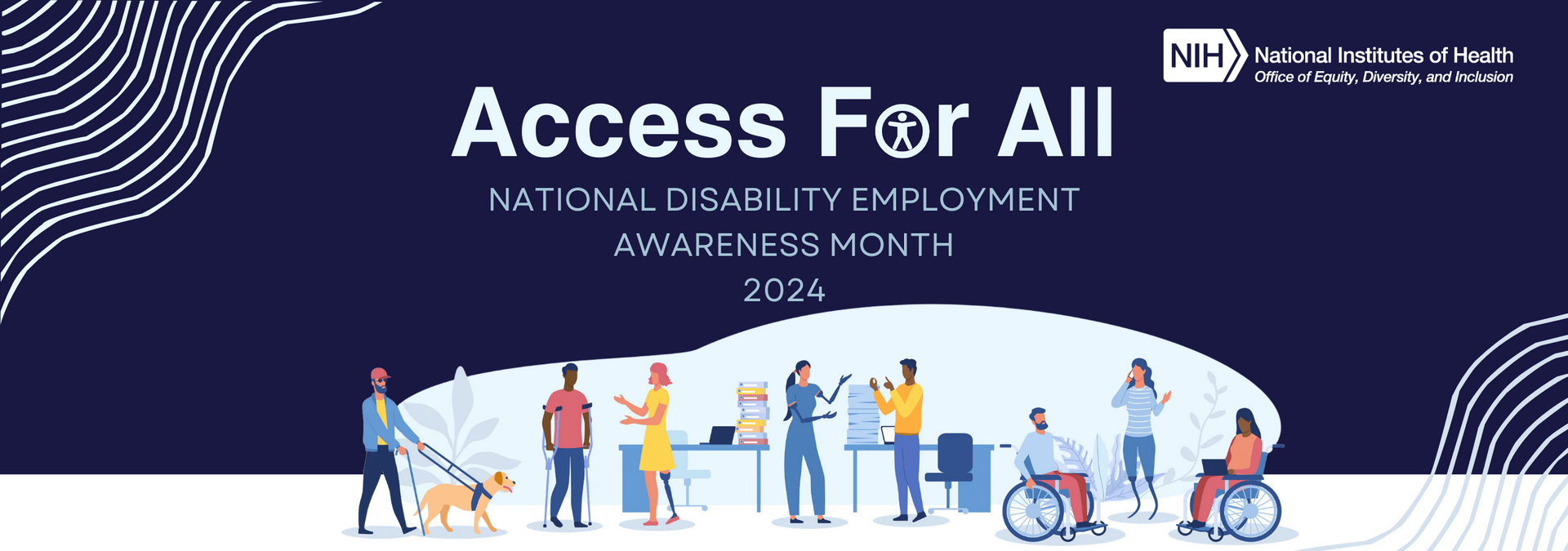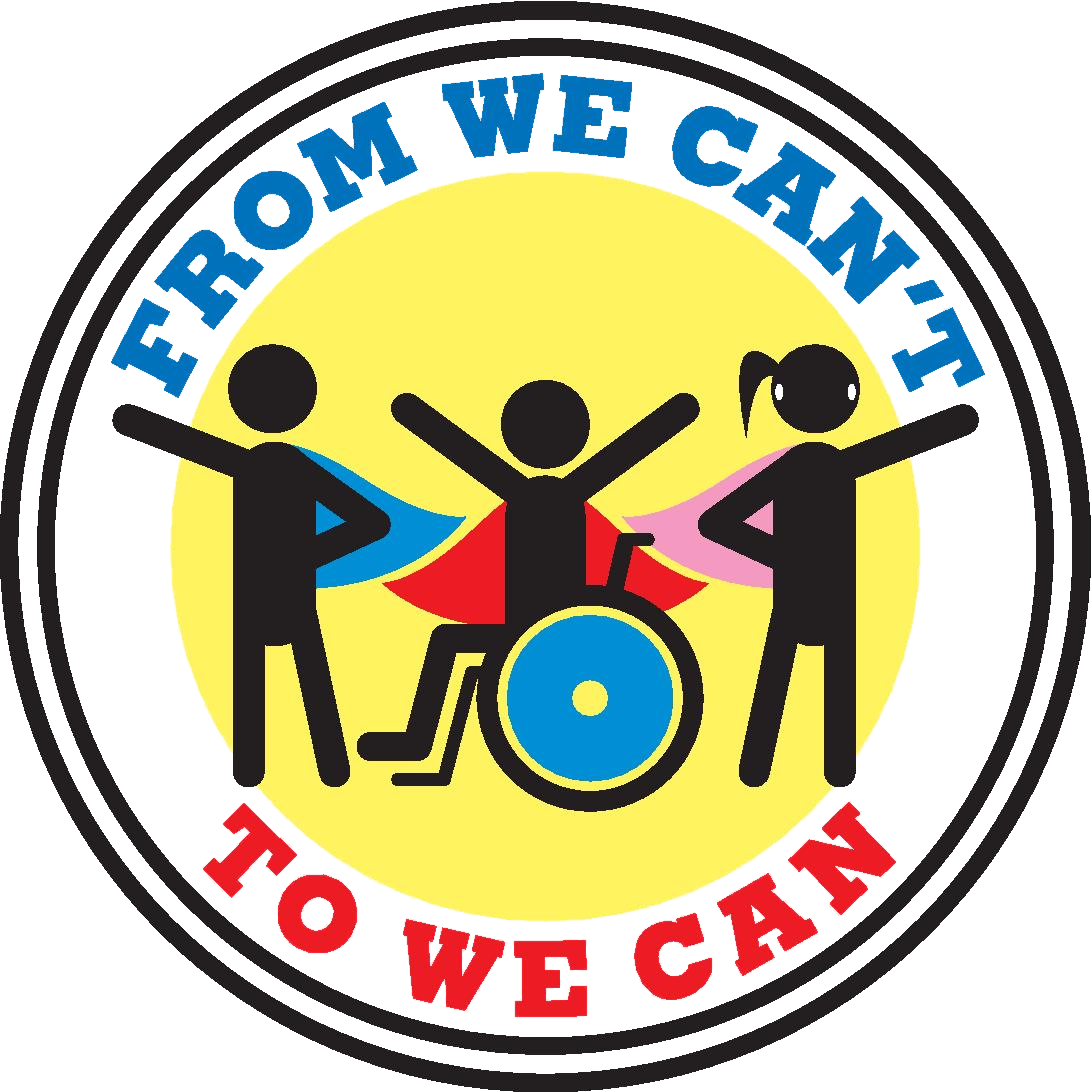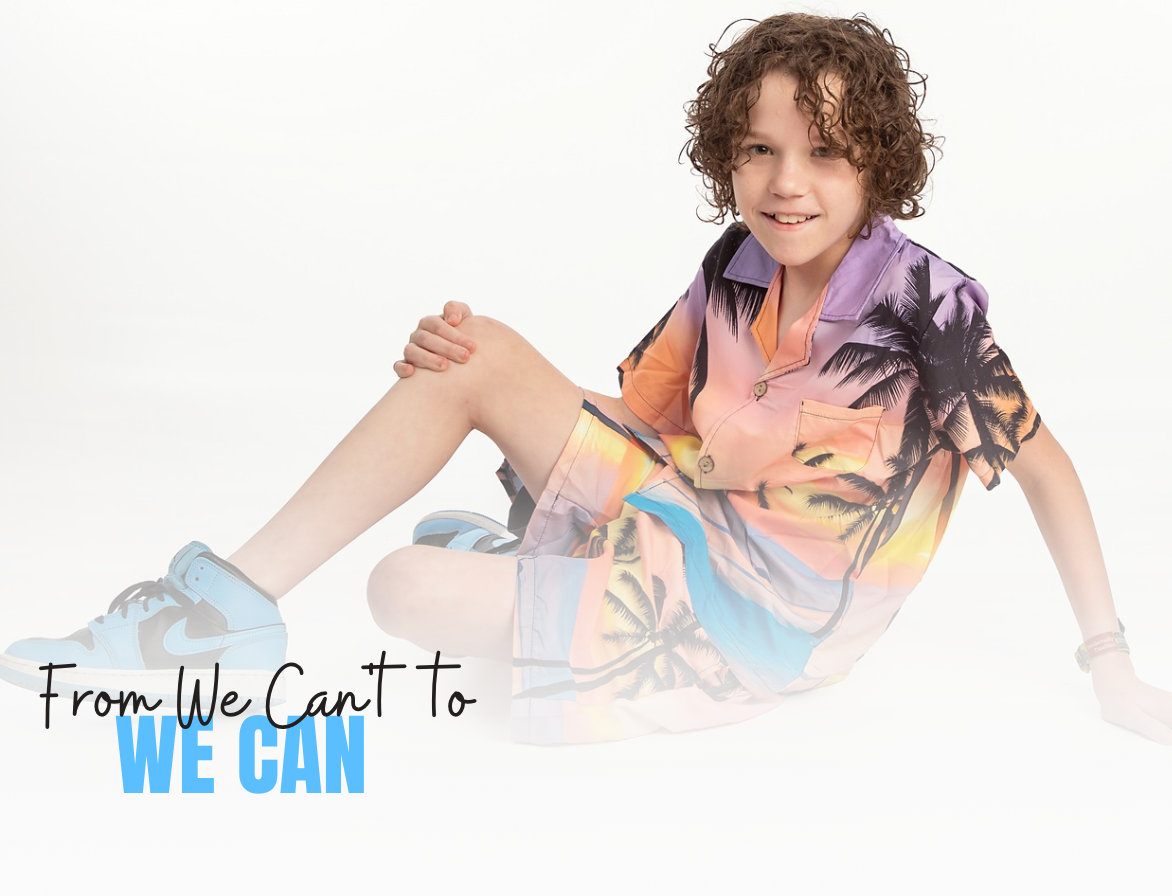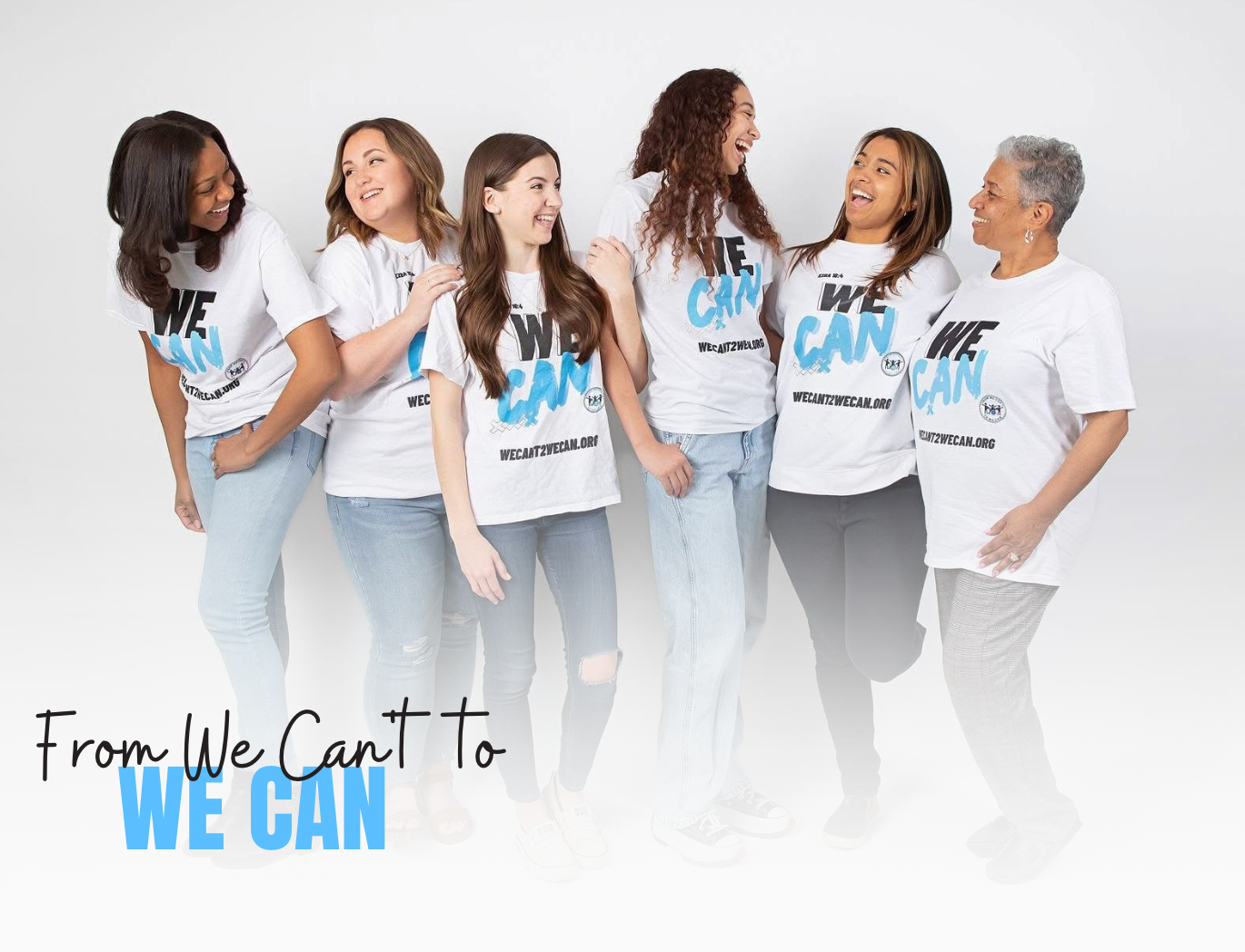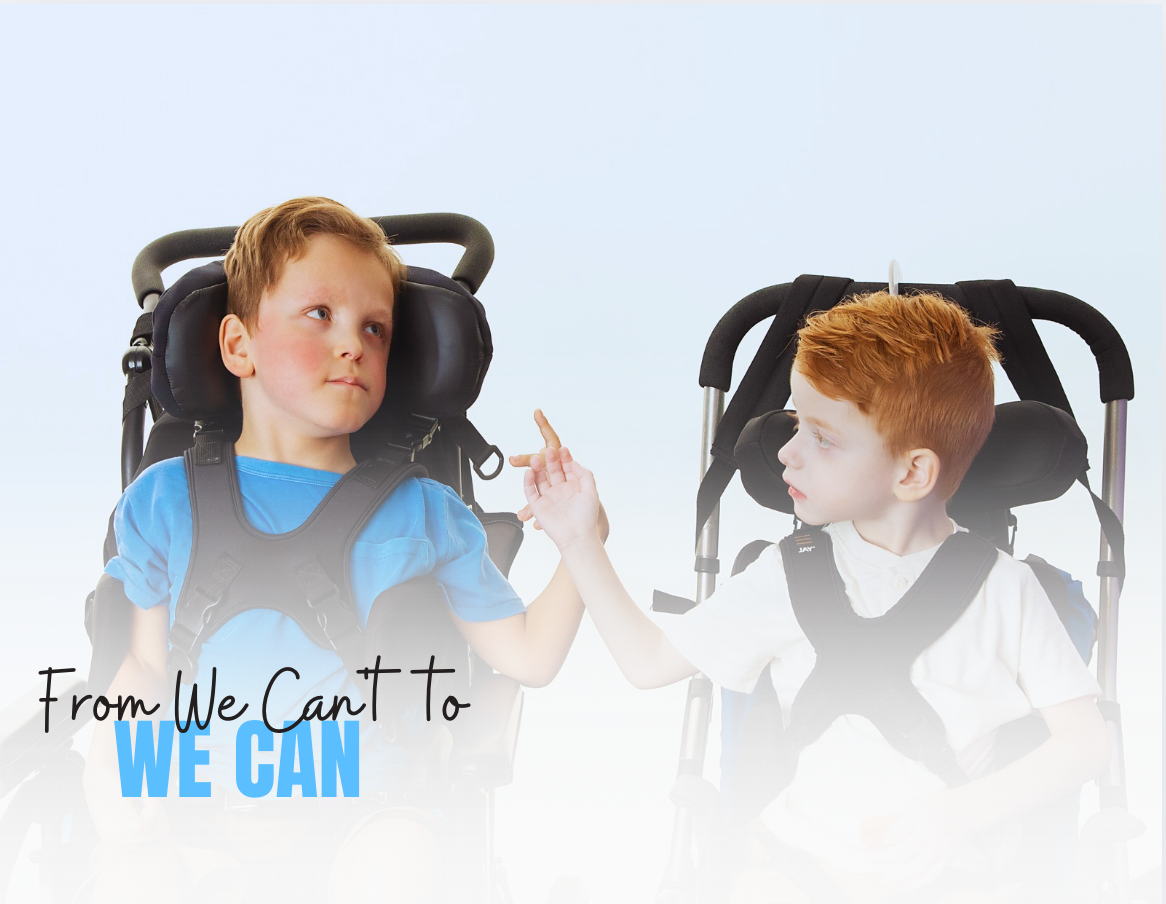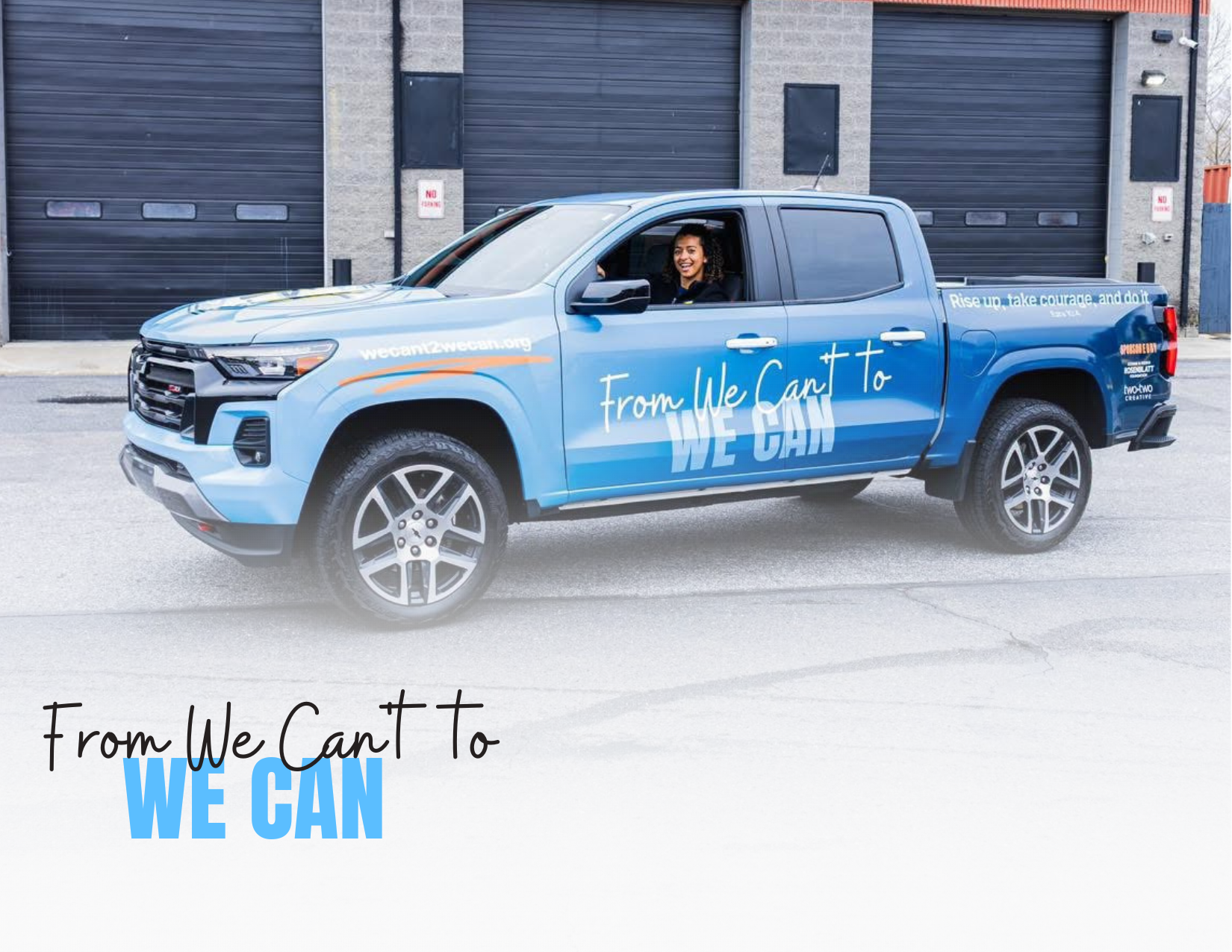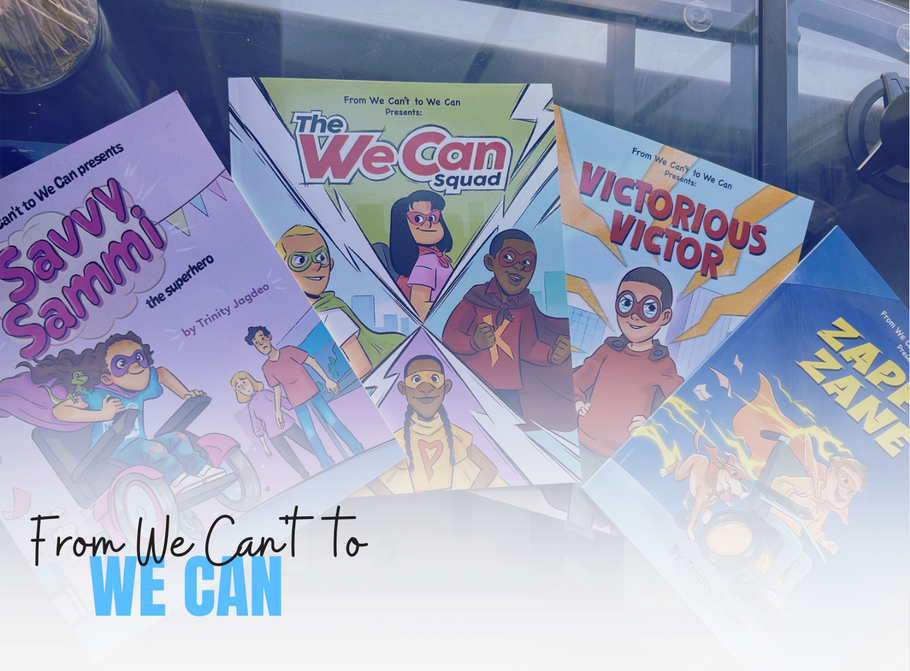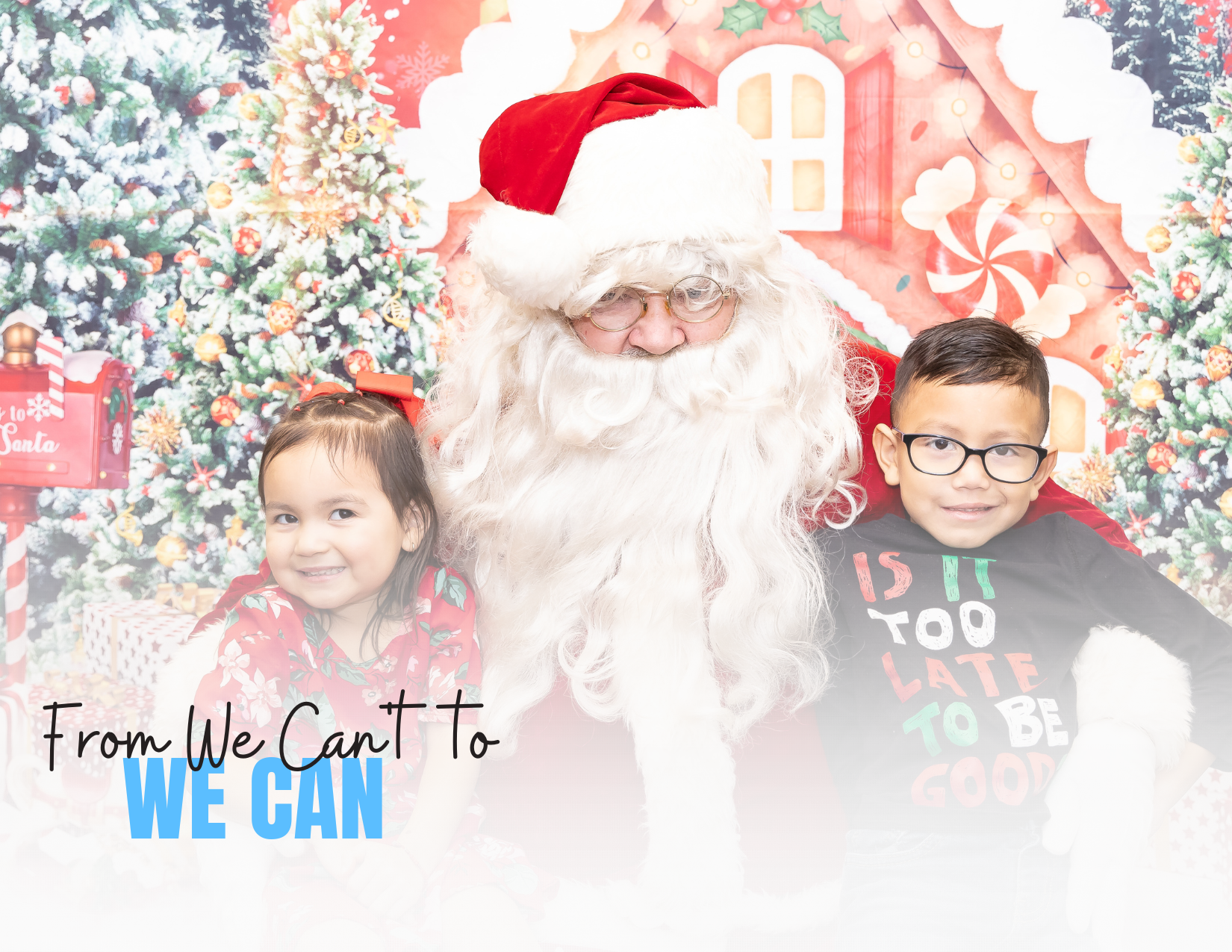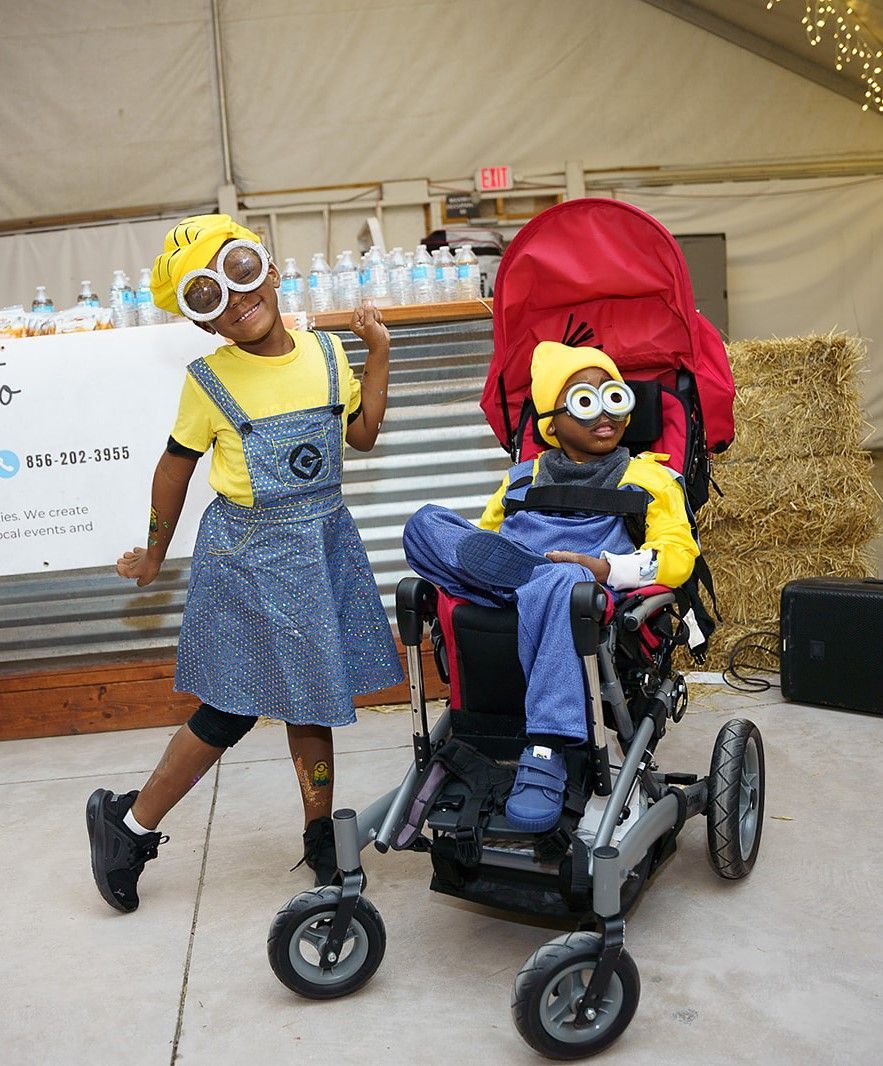Championing Strength and Resilience
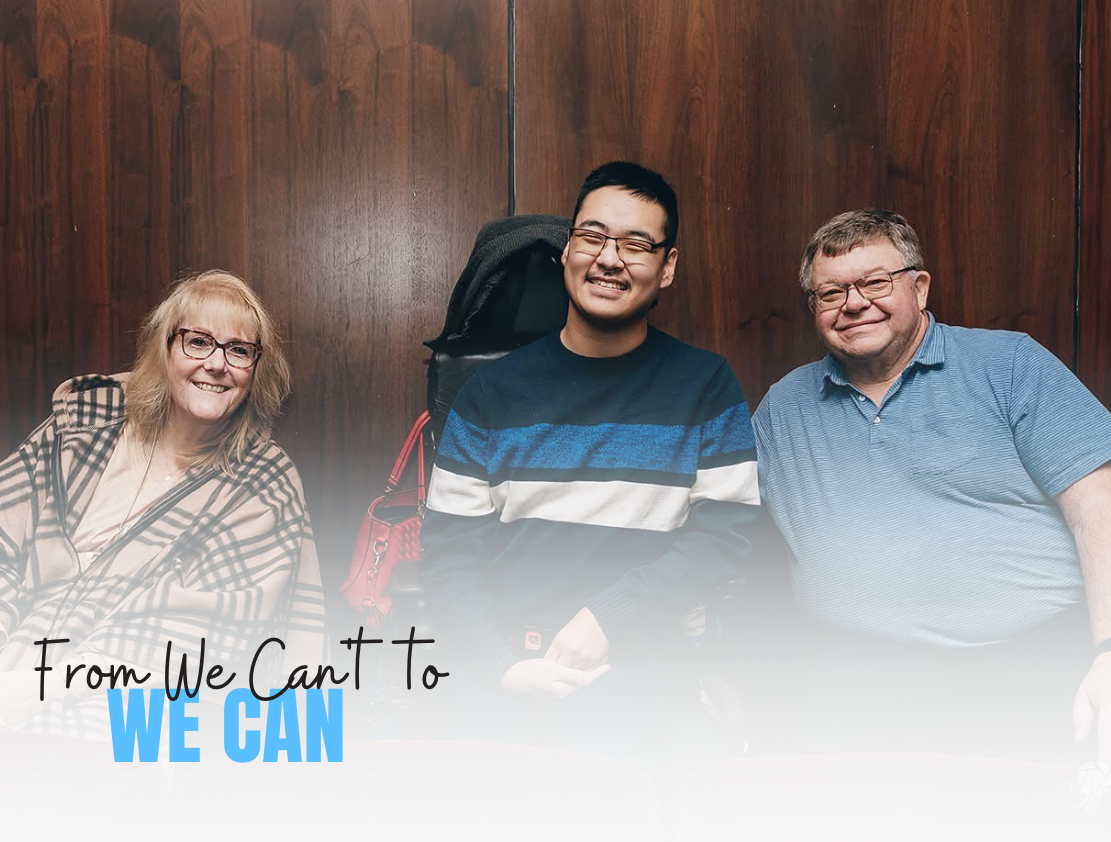
Cerebral palsy doesn’t define a person – their strength, resilience, and dreams do, This March, we celebrate the voices, victories, and visibility of the CP community.
During this month, we recognize the unwavering determination and limitless potential of those living with CP in all its forms. Cerebral palsy is the most common lifelong motor disability, affecting more than 17 million people worldwide. But what exactly is CP? It is a group of disorders that impact movement and muscle tone, often caused by brain damage occurring before, during, or shortly after birth. While the severity of CP varies from person to person, individuals with the condition may experience difficulty with motor skills, muscle control, and coordination. However, it’s important to remember that CP does not define an individual’s full potential.
Despite increased awareness, CP often remains an overlooked condition. For many individuals, every day is a testament to strength, perseverance, and the ability to overcome adversity. Yet there is still a pressing need to highlight the importance of early intervention, continuous support, and dismantling societal barriers.
At From We Can’t to We Can, we are dedicated to promoting empowering stories and authentic representation for all disabled children, especially those living with CP and other motor disorders. As passionate advocates for positive change, we provide essential resources that foster independence and inclusion. Awareness is a crucial first step. By shedding light on the realities of cerebral palsy, we can inspire action and ensure that individuals with CP have the opportunities to thrive—in education, employment, community involvement, and beyond.
Throughout this month, let’s come together to support the CP community. Whether through donating to organizations that assist individuals with cerebral palsy, educating ourselves and others about the condition, or simply listening to the stories of those who live with it, we all have the power to make a difference.
From an early age, I adopted the mindset that adversity could be transformed into meaningful action. That belief is what led me to become both a journalist and a fearless advocate for people like me. My life has not followed a traditional path. Every small step became a triumph. My curiosity, deep appreciation for storytelling, and sense of pride in my identity have driven me to help others navigate obstacles with courage and determination.
As an Asian American, gay, and physically disabled young man, I have faced challenges that could have held me back. Instead, they have fueled my passion for advocating for marginalized communities and inspiring others to create positive change. My personal experiences have shaped my understanding of advocacy and the transformative power of inclusive storytelling.
As a journalist, I strive to share stories of resilience and offer a voice to individuals who have overcome tremendous obstacles with unshakable tenacity and grace. Growing up, characters like me were rarely the protagonists of stories; they were often sidelined or entirely absent. As a writer, I aim to change that narrative, ensuring that every person’s story is told and celebrated.
Every effort I make is deeply personal, yet it is about something larger than myself: helping others find hope, community, and a sense of belonging. These experiences have reinforced a profound truth—when we use our strengths to uplift others, we discover deeper meaning in our own lives.
Through projects like Stonewall Superlatives and my contributions to From We Can’t to We Can, I work to build spaces rooted in trust, kindness, and community. I strive to provide a platform where people feel heard, validated, and empowered. Beyond my professional work, I have found joy in mentoring and leading others, guiding fellow writers as they achieve their own successes.
People often ask me if I wish I could be someone else or if they should feel sympathy for my situation. My response is always the same: I cannot change what has already been written, but I can embrace who I am—and inspire others to do the same.
You may want to read more of our blog...
We Can Blog
